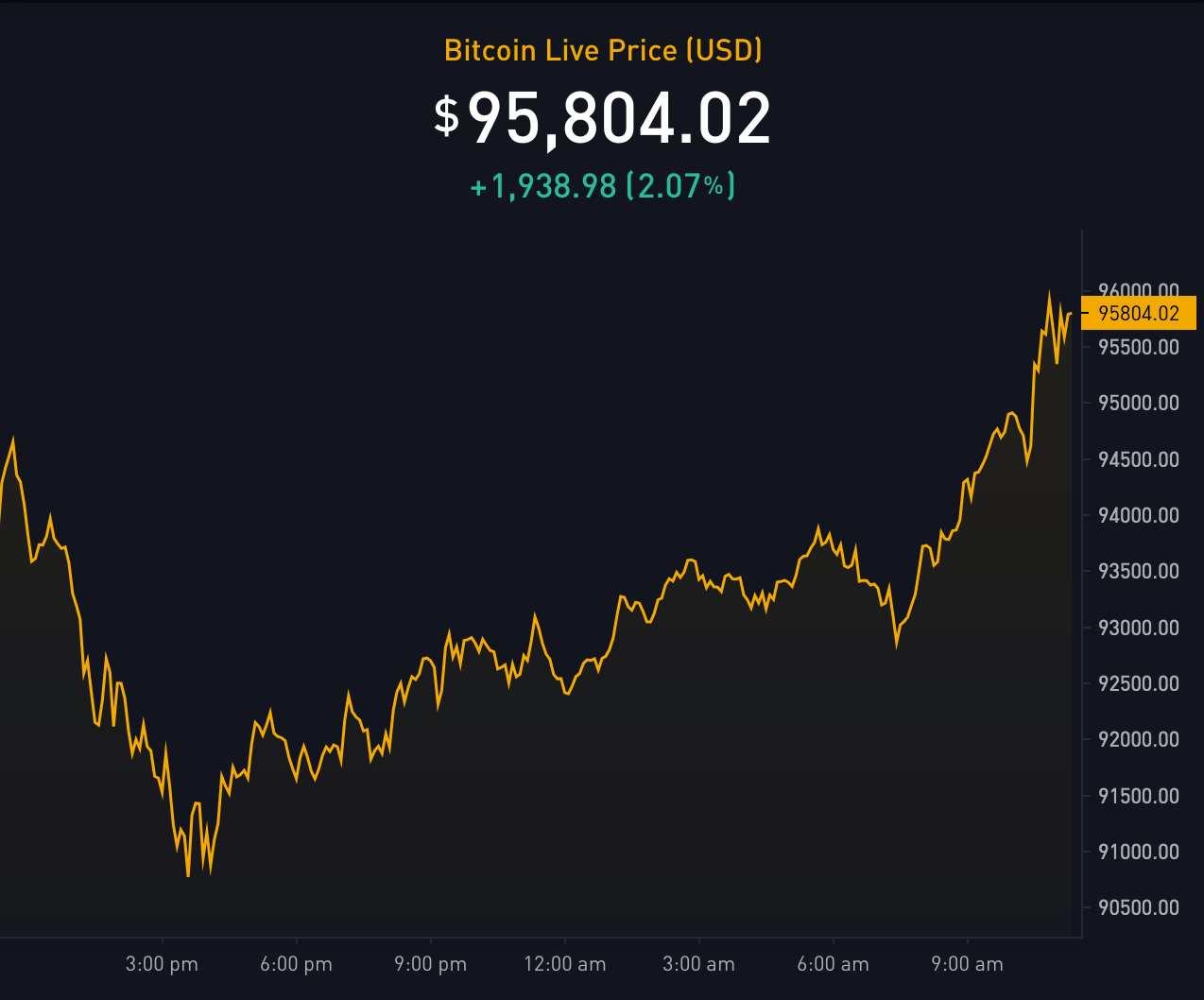
Key Takeaways
- Senator Lummis proposes a U.S. Bitcoin reserve of 1M coins.
- Bitcoin's blockspace and hashrate are critical strategic resources.
- Controlling hashrate ensures transaction sovereignty for the U.S.
Marathon claims that as the U.S. faces de-dollarization pressures, a robust Bitcoin strategy is essential to maintain financial sovereignty and national security.
The following is a summary of the company’s latest article.
Marathon’s Case for Bitcoin as a Strategic Asset:
Bitcoin’s finite supply and decentralized nature position it as a superior alternative to gold in a digital era.
Its portability and transparency make it an ideal store of value and medium of exchange for nations seeking financial autonomy.
While the U.S. holds over 200,000 Bitcoin, global competitors, like China, are rapidly building reserves.
Amassing Bitcoin and ensuring access to blockspace—the limited capacity for Bitcoin transactions—is critical to securing U.S. financial sovereignty.
Importance of Blockspace and Hashrate
Controlling Bitcoin’s hashrate—the computational power that processes transactions—enables a nation to safeguard its access to blockspace and mitigate foreign interference.
Dominating this infrastructure ensures secure transaction sovereignty, shielding the U.S. from adversarial actions that could manipulate or censor transactions.
Strategic Recommendations
To remain competitive, the U.S. should:
- Establish a strategic Bitcoin reserve.
- Invest in domestic Bitcoin mining operations.
- Promote self-sufficient mining technology through domestic ASIC chip production.
- Offer regulatory clarity and incentives for renewable energy mining.
- Lead in setting global standards for Bitcoin.
Marathon’s Conclusion:
Bitcoin is more than a financial asset; it’s a cornerstone of modern national security.
By investing in Bitcoin reserves and infrastructure, the U.S. can maintain its economic leadership in a shifting global landscape.




